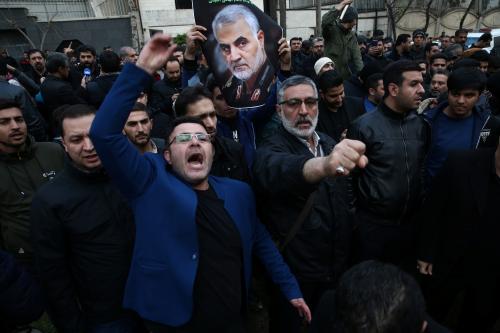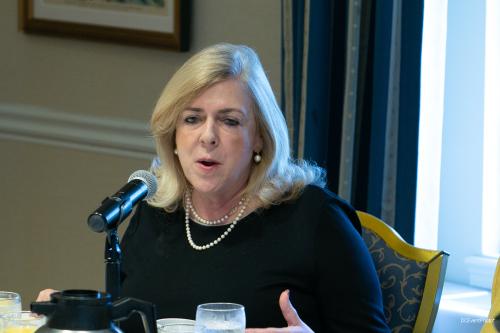Offering advice to the incoming Trump administration team, Tamara Wittes argues that wise policy officials will insist that they slow their decisionmaking process down enough to question, and perhaps even repent, some of their assumptions. This post was originally published in Foreign Policy, as part of the relaunched Shadow Government series.
The Obama administration was often faulted for dallying over decisions: for being overly cerebral and deliberative and, as a result, missing opportunities to advance U.S. interests. In a world of accelerated information flows and instantaneous global communications, there is tremendous pressure to react quickly to events abroad—and the new Trump administration may feel additional pressure to demonstrate greater “decisiveness” in style as well as substance than its predecessor.
But the tendency to swift and decisive action brings its own dangers. Most especially, thinking fast, as the Nobel-winning psychologist Daniel Kahnemann revealed, tends to make us overconfident, more likely to reason using ill-fitting analogies, and more likely to fall prey to the sunk costs fallacy, in which we double down on failing bets. By contrast, thinking slowly enables more careful weighing of real probabilities and risks (yes, it has its own set of biases, too).
Policy choices are always made without perfect information and without sufficient time to test all the alternatives. And new senior officials inevitably enter their jobs with sets of preconceived notions about the United States’ role in the world and what the other team did wrong. Whether those preconceptions stem from ideology, resentment, bravado, or even hard-won experience, wise policy officials will insist that they slow their decisionmaking process down enough to question, and perhaps even repent, some of their assumptions. If they don’t do it for themselves now, the world will undoubtedly do it for them over time.






Commentary
The case for slower foreign policy decisionmaking
January 25, 2017